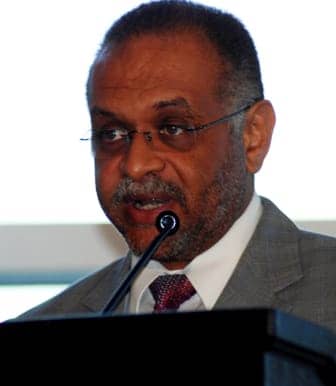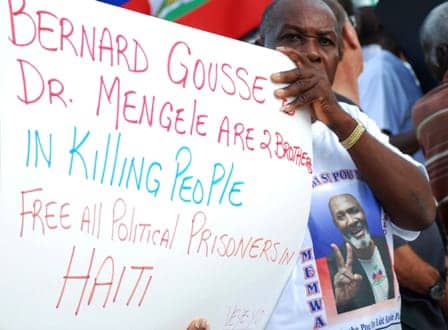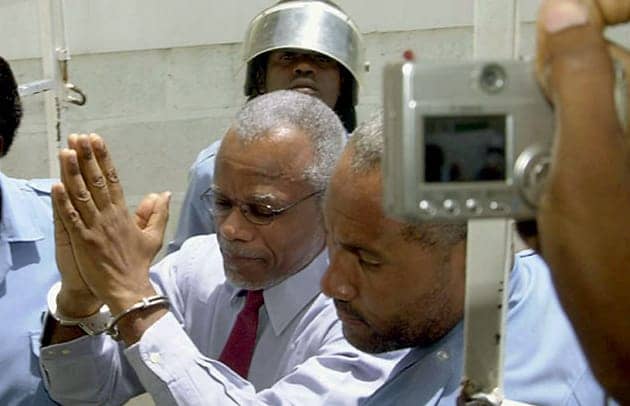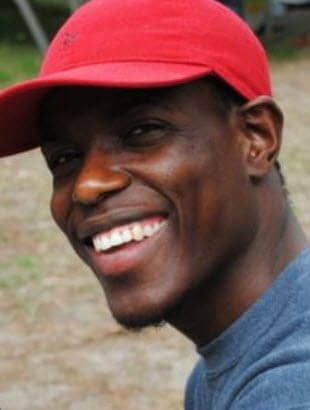by Wadner Pierre

Here are seven reasons why Gousse shouldn’t be Haiti’s next prime minister:
1) Gousse became the minister of justice after the 2004 coup against Haiti’s democratically elected President Jean-Bertrand Aristide. Gousse was considered one of the most powerful men in the U.S-backed regime that ruled from 2004 to 2006.
2) Among the people illegally jailed by Gousse were Fanmi Lavalas officials under Aristide such as former Prime Minister Yvon Neptune, former Minister of Interior Joselene Joceleme Privet and former legislator Amanus Maette. The allegations against all of them were shown to be completely baseless. In the case of Neptune, the illegality was so egregious that the Inter-American Court of Human Rights (IACHR) ordered the Haitian government to pay Yvon Neptune reparations.
3) With Gousse’s enthusiastic support, the Haitian National Police, backed by U.N. troops, launched murderous raids on communities where support for Aristide was very strong, such as Cite Soleil.

5) Gousse’s crimes occasionally attracted some notice in the corporate press. Below are some examples:
“Once again, one man has become the center of a political storm that threatens to foil this country’s uphill struggle for stability,” wrote Ginger Thompson in the June 16, 2005, New York Times article, “How Haiti’s Future May Depend on a Starving Prisoner.”
“Gousse also has been accused of ignoring alleged atrocities by police against pro-Aristide slum dwellers,” wrote Stevenson Jacobs in the June 16, 2005, Associated Press article, “Interim Justice Minister Resigns.”
However, his crimes are best documented in “Haiti Human Rights Investigation: November 11-21, 2004,” a very detailed report by Thomas Griffin of the University of Miami School of Law.

7) There can be no true reconciliation without justice. The choice of Bernard Gousse is a clear signal that the rights of the Haitian people will continue to violated under the Martelly administration.
If Haiti’s current President Michel Martelly is not a U.S. puppet, he should arrest Gousse rather than appoint him as the head of his government. Anyone who has followed the situation in Haiti can see that Haitian people – in fact, anyone – deserves better than Bernard Gousse.






